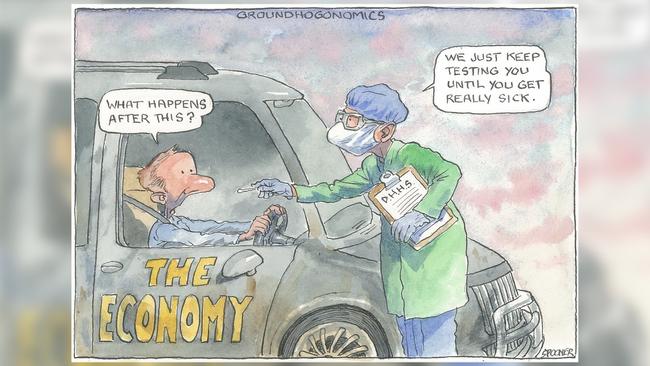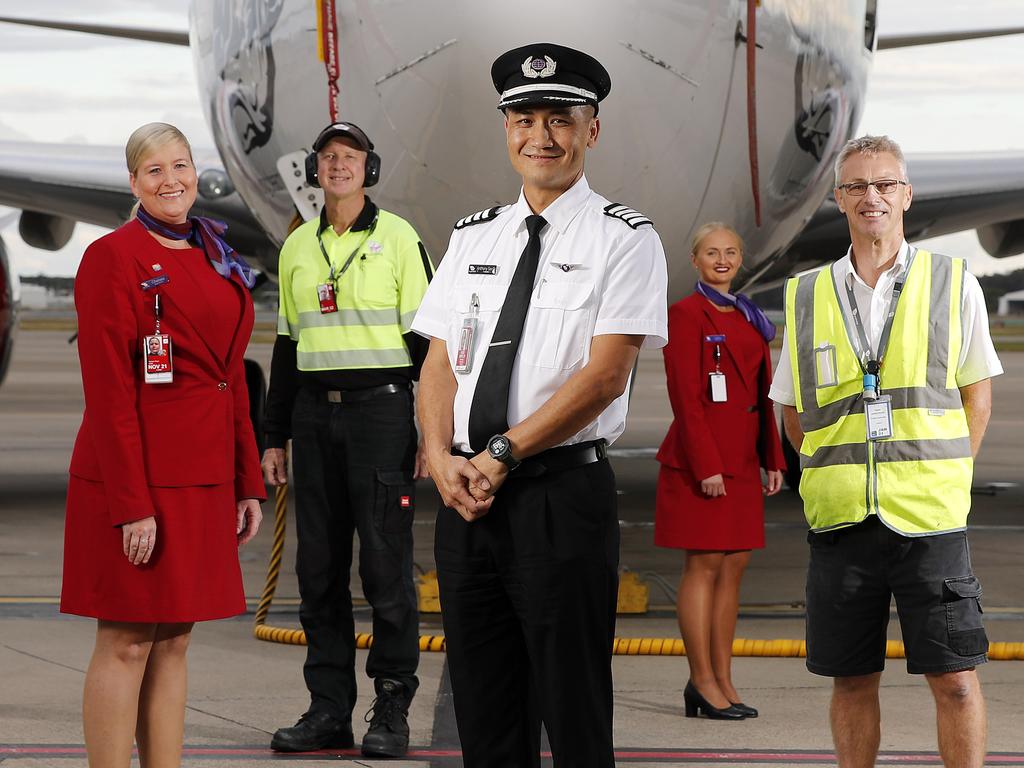
While the creditors vote will follow around August 12 if the deed of company arrangement (DOCA) is not approved then Bain will buy the assets from the corporate vehicle.
Effectively, Bain has taken control of the house, will move the furniture next Wednesday (July 1) and be responsible for the gas and electricity from that day on.
The quick sale was necessary because Strawbridge was left with just $30m in cash when the administrator was called in on April 21.
He emptied a few pockets to get some more cash, but deal certainty was a prime driver in handing the keys to Bain’s Mike Murphy on Friday.
Bain was the preferred creditor because Strawbridge thought it had deeper pockets than Cyrus, which was hopping mad at the way it was treated.
Without hearing directly from Strawbridge, it is not known exactly why Bain was chosen but certainty was crucial.
Title transfer by way of a creditors-approved DOCA is still the preferred route because this would leave Bain with some tax credits to effectively avoid paying tax for the next few years.
This was played down by some on Friday, arguing there was so much debt the tax credits are an afterthought as it depends on who is paying the bills.
There is still room for the bond holders and adviser Faraday’s John Nestel to play up in an attempt to boost his clients’ payout on their $2bn investment in Virgin.
The deal is structured now so if the Strawbridge DOCA is rejected, Bain must buy the assets from the shell, but what happens if Nestel presents an alternate DOCA, which is approved by creditors?
That wildcard is yet to be played, but given the market is only giving the bond holders 10c in the dollar on their investment there is a mile of upside to play out.
But barring any legal challenge, from today the company effectively belongs to Bain after agreeing to hand over a cheque for $1.65bn, of which $600m will repay the money Strawbridge had to fork out, $600m in airfare credits to airline customers and $450m in staff entitlements.
The job now is under the cover of the administrator for Bain’s Murphy to cut deals with the big debtors, including Boeing over the dud A330 contract, Gate Gourmet over the dud catering contract, Gogo over the dud Wi-Fi contract and the difficult one with staff over their expensive EBAs.
When these deals are done, the hope is the $7bn in debt will be whittled down and there will be money left over to pay creditors.
While all this is going on, Qantas chief Alan Joyce’s 6000 job cuts will hopefully do the trick in Canberra convincing the federal government to do a tourism-specific JobKeeper deal, which will keep more jobs at Virgin.
Joyce wasn’t trying to help Virgin and made it clear for Bain to understand that the 65 per cent share aviation market controller would be focused 120 per cent on domestic aviation for the next year at least, while international borders were closed.
That wasn’t meant to be benevolent.
Next week Bain’s Murphy and Strawbridge will have a joint press conference, but while the former has the house keys there are still some potential battles to come.
Data code needed
The decision by Google to pay some selected small publishers for their content is an important admission, but one that actually underlines the need for an industry code.
This is probably not what Google intended with its stunt this week, which comes as the ACCC nears the conclusion of its draft recommendations to the government next month.
The code provides protections for all publishers big and small and Google’s attempt to throw a handful of publishers a bit of money is a sideshow.
At the same time, in a submission to Treasury on consumer data rights, Oracle has shown just how you can create value from your own location data rather than letting Google keep it all to itself.
Treasury is looking at just how the data rights can be rolled out to other industries, like utilities, just as the system aimed at opening banks to competition formally starts on July 1.
Google uses the minute-by-minute data it collects from your phone to maintain a stranglehold on the digital advertising market, but the Oracle model lets you, the user, get the upside.
The model could also help cyber protection efforts by directing all your local data to stay within Australia’s borders, so the federal government’s concerns over a foreign state intercepting computers could be blocked by the technology.
It is as simple as an app, which could be sold with your mobile phone or downloaded to allow you to direct the data.
The Oracle idea is to let you be part of the data marketplace by ticking a box that may direct your data rights to the mobile phone company like, say, Telstra or a media company that in turn will give you six months’ free subscription in return for transferring it the location data.
The media company would then use the data to sell it to advertisers in digital ads the way Google does now.
The starting concept is its your data, so you should be able to get some value from it rather than just let Google keep it all.
All the same services would be on the phone like Google Maps, it’s just the location data would be with whomever you choose.
This could, of course, be Google, which already uses the data to bid for digital advertising in the marketplace it co-ordinates.
Having precise location data knowing just when you are leaving the car to head to the restaurant allows higher prices to be charged for the advertising.
Through a variety of means, such as sensors on your Android phone, and search histories, Google can keep an almost minute-by-minute track on where you are, when you wake up and when you go to sleep.
Many people shrug and say who cares, but maybe if those people could get some value by directing the location data elsewhere then they might just care.
Under the bank model, if NAB has your bank details and you want your data to be given to ANZ, NAB would supply it but also keep a copy.
The Oracle system would work best if NAB had to hand over its copy; this would give the phone company or media company the full rights to your data.
There are also some concerns about handing full control of data to another company if you have no control over what they may do with it.
Sims rolls the dice
ACCC boss Rod Sims has had more luck with the High Court than the Federal Court so has rolled the dice with an appeal against the Aurizon-Pacific National decision in an attempt to block a near monopoly on east coast rail freight.
He has former solicitor-general Justin Gleeson lined up to carry what the competition lawyer says is an ideological battle against the Federal Court.
Sims argues his role is to enforce the law and if he thinks the court is wrong then it’s up to him to be an advocate. Only time will tell whether the High Court will hear his appeal.








Deloitte administrator Vaughan Strawbridge has given an apparent master class demonstration in insolvency administration after effectively closing the Virgin sale on Friday in his $1.65bn deal with Bain Capital by way of a sale implementation agreement.